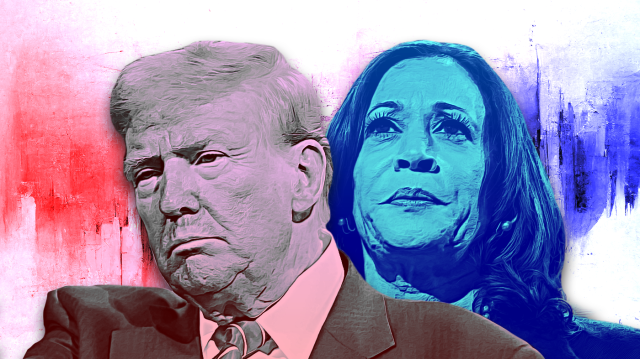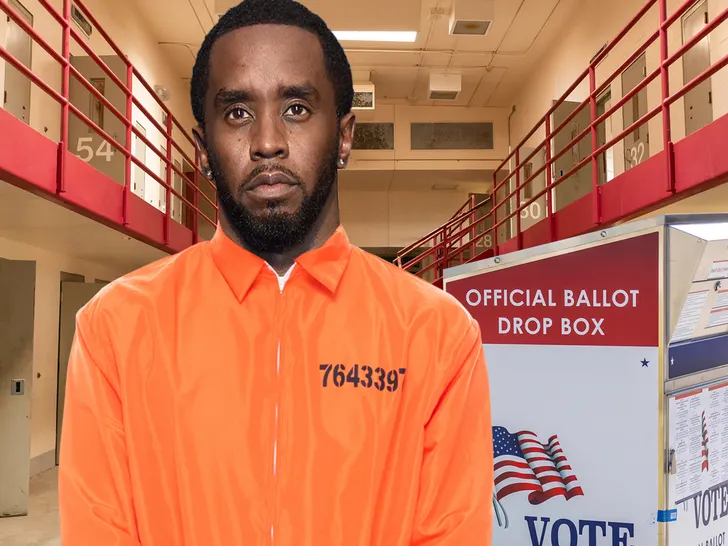https://t.co/pn7Z2AZvlo
Mr. Trump, you appear to be quite well informed.
Please, tell the American People, how and what is it EXACTLY, that “FBI got you elected’, in your own words.
How did they “weaponize”, and what exactly did they do to your opponent, apparently you mean Mrs.… https://t.co/V0rZ1sX4p7— Michael Novakhov (@mikenov) March 23, 2025
Diddy and Election 2024: How the FBI and the Mossad got Trump elected.
Views
Diddy’s Legal Troubles Cast a Shadow Over 2024 Election Discussion
Sean “Diddy” Combs, the influential music mogul, found himself at the center of political discourse during the 2024 election cycle, not for his endorsements or campaign activities, but due to a series of escalating legal battles. His past associations with figures from both Democratic and Republican parties were weaponized by political opponents, making him an unwitting talking point in the presidential race.
Historically, Diddy has engaged in the political arena.1 He famously launched the “Vote or Die” campaign in 2004 to encourage youth voter participation and has previously supported Democratic candidates, including hosting a virtual town hall with Kamala Harris during the 2020 campaign.2 He also interviewed Barack Obama during his time as a senator.3 However, he has also maintained a long-standing connection with Donald Trump, dating back to their time as prominent New York businessmen in the 1990s.4
This complex political history became fertile ground for political maneuvering in 2024 as Diddy faced multiple lawsuits alleging sexual assault and trafficking, which began to surface in late 2023 and intensified throughout the election year.5 Both the Trump and Harris campaigns sought to leverage Diddy’s legal woes against each other.6
Opponents of Kamala Harris pointed to her past association with the music producer, highlighting his virtual town hall as evidence of her proximity to a figure embroiled in serious controversy.7 A digitally altered photograph of Harris and Diddy was also circulated online in an attempt to solidify this connection in the public mind.8
Conversely, those critical of Donald Trump emphasized his past relationship with Diddy, using their shared history as New York celebrities to tie the former president to the embattled music figure.9
Notably absent from the 2024 election landscape were any new political endorsements or significant voter engagement initiatives from Diddy himself. The gravity of the allegations against him and the ensuing legal proceedings appeared to consume his public focus, preventing any active participation in the political cycle in the way he had in the past. His situation, however, serves as a stark example of how celebrity associations and legal troubles can become entangled in the fabric of a presidential campaign.
–
#Diddy and #Election2024: How the #FBI and the #Mossad got #Trump elected. https://t.co/K6FkL2rV5y pic.twitter.com/QaylIvnjns
— Michael Novakhov (@mikenov) October 4, 2025

